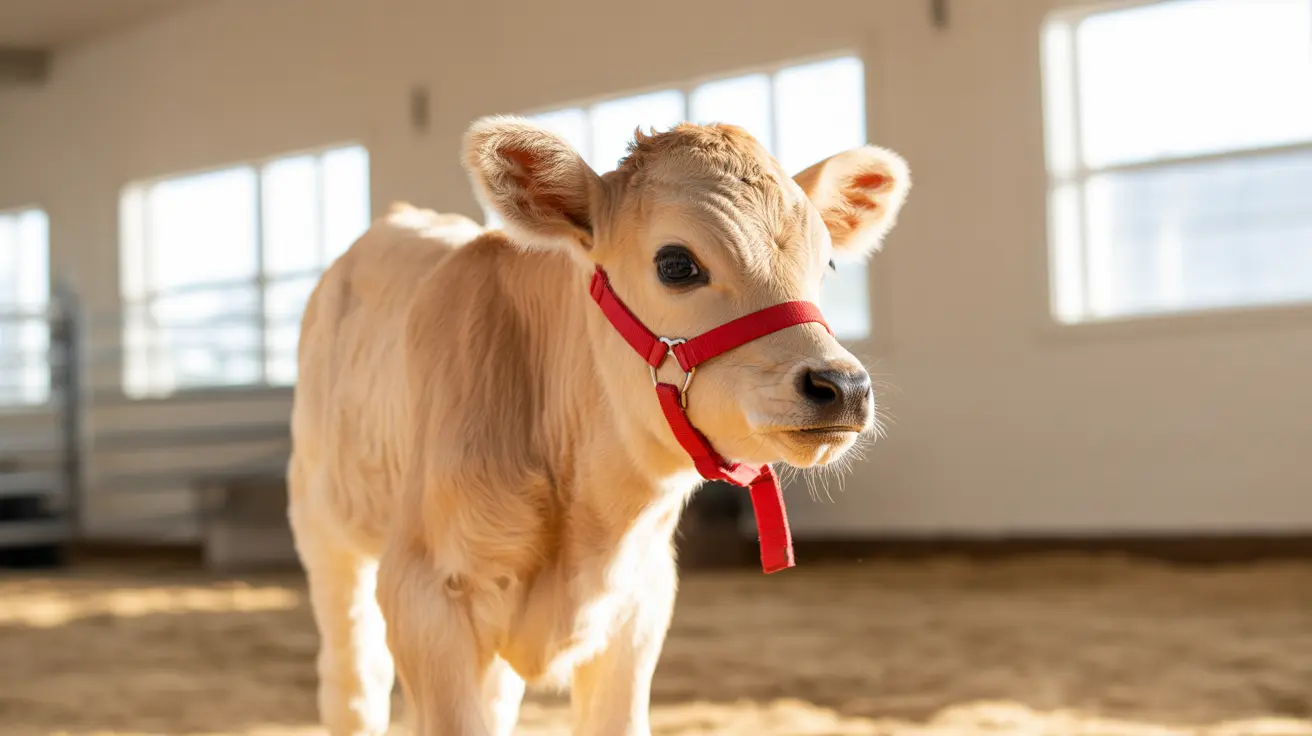Safe Applesauce Brands for Dogs: What Pet Owners Need to Know
Applesauce can be a nutritious and enjoyable treat for your furry friend—when chosen correctly. Not all applesauce is safe for dogs, as some store-bought brands contain harmful ingredients such as sugar or xylitol. This guide will help pet owners make informed decisions by highlighting safe brands and offering tips for incorporating applesauce into a dog’s diet responsibly.
Why Applesauce Can Be Good for Dogs
Apples are naturally rich in fiber, vitamin C, and antioxidants. In pureed form, applesauce can be:
- A low-fat treat
- A digestive aid due to high fiber content
- A hydrating snack with natural sweetness
However, the key is choosing the right kind of applesauce.
Harmful Ingredients to Avoid
Before giving your dog applesauce, always check the label for potentially dangerous components. Avoid products with:
- Added sugars: Excess sugar can lead to obesity and dental issues.
- Artificial sweeteners like xylitol: Highly toxic to dogs and can cause serious health issues, including liver failure.
- Cinnamon or spices: Some spices can irritate a dog’s stomach or even be toxic in larger quantities.
Safe Store-Bought Applesauce Brands
The safest store-bought applesauce options are those that explicitly say “unsweetened” and have only one ingredient: apples. Some popular brands that generally offer dog-friendly options include:
- Mott’s Unsweetened Applesauce: Widely available and contains just apples and water.
- Santa Cruz Organic Unsweetened Applesauce: Certified organic and often comes in glass jars for eco-conscious consumers.
- GoGo squeeZ Organic Apple Apple: Available in travel-friendly pouches, these are unsweetened and free from harmful additives.
- 365 by Whole Foods Market Organic Applesauce: Another clean-label product that is often free from added sugars or preservatives.
Always double-check the label, even for trusted brands, as formulas can change.
Homemade Applesauce: The Best Option
The safest way to serve applesauce to your dog is by making it at home. This ensures no hidden ingredients and total control over what your dog consumes. Here’s a simple recipe:
- Peel and core 4-5 apples (remove all seeds).
- Cut into small chunks and simmer in a little water until soft (about 15–20 minutes).
- Puree in a blender or mash to desired consistency.
- Cool before serving.
This version contains no sugar, spices, or preservatives—perfect for canine consumption.
Portion Control and Frequency
Even the healthiest applesauce should be given in moderation. An appropriate serving is:
- 1 teaspoon to 1 tablespoon for small dogs
- 1 to 2 tablespoons for medium to large dogs
Limit to 2–3 times per week to avoid excessive sugar intake.
Benefits of Applesauce for Dogs
- Digestive health: High fiber helps maintain regularity.
- Hydration: Applesauce has a high water content.
- Flavor variety: Encourages picky eaters to consume dry food when mixed in.
- Nutritional support: Provides trace amounts of vitamins and antioxidants.
When to Avoid Applesauce
Some health conditions make applesauce an unwise choice:
- Dogs with diabetes or pancreatitis
- Dogs on a low-carb diet
- Pets with severe food allergies or digestive issues
Always consult your veterinarian if in doubt.
In Summary
Feeding applesauce to dogs can be a healthy treat if chosen wisely. Stick to natural, unsweetened types with no additives. Brands like Mott’s Unsweetened, Santa Cruz Organic, and GoGo squeeZ are generally safe for canine consumption. Better yet, making your own applesauce at home ensures full control. As with any treat, moderation is key.





